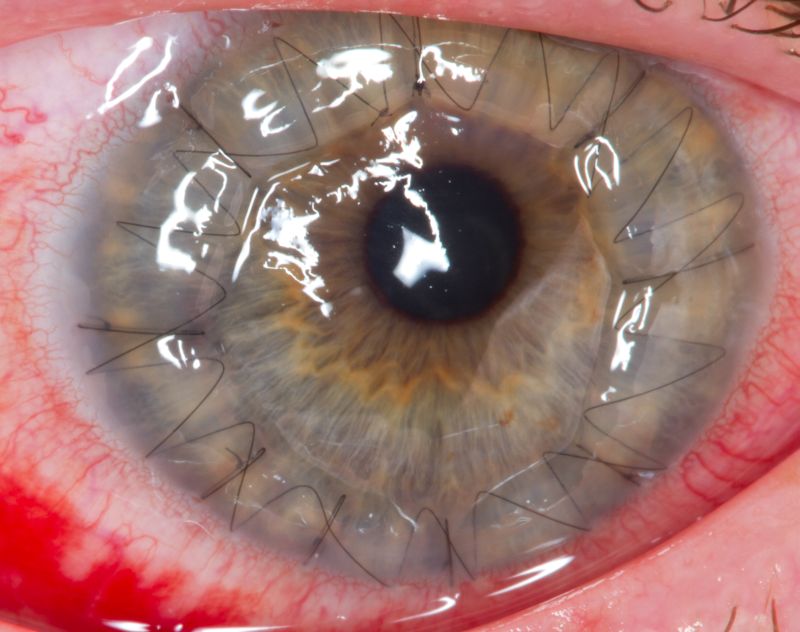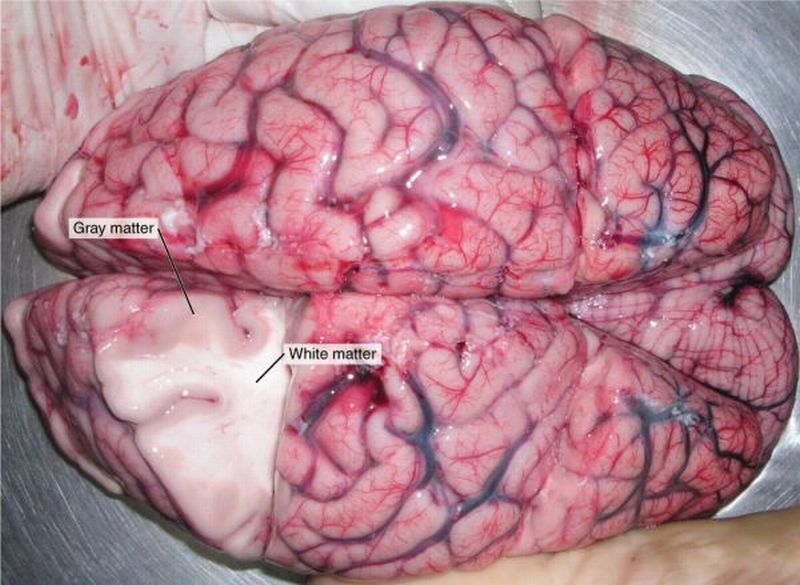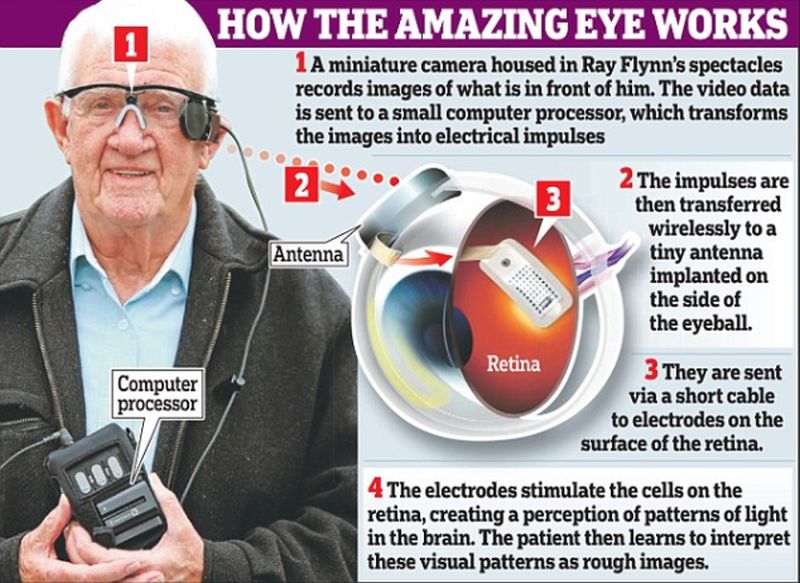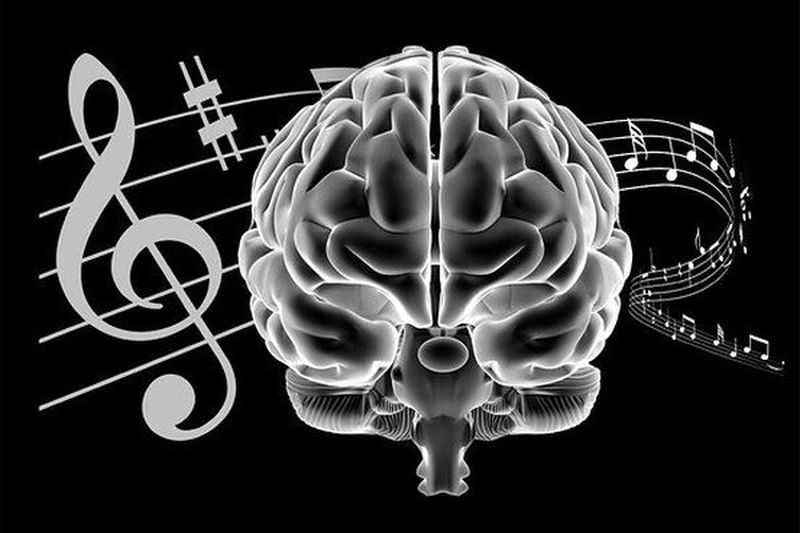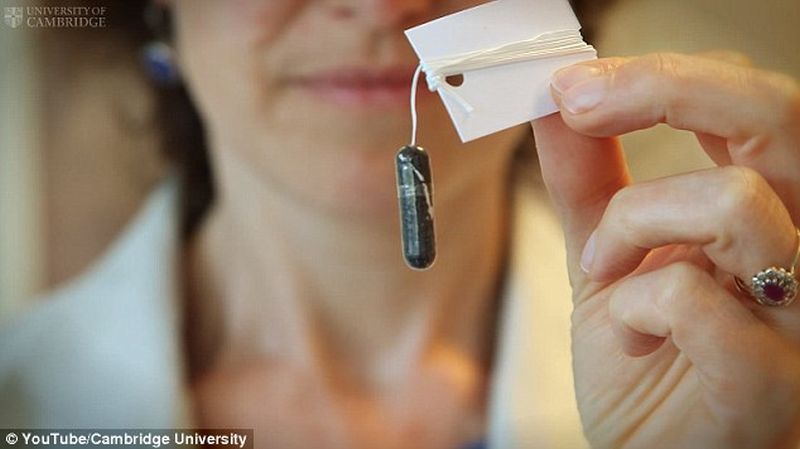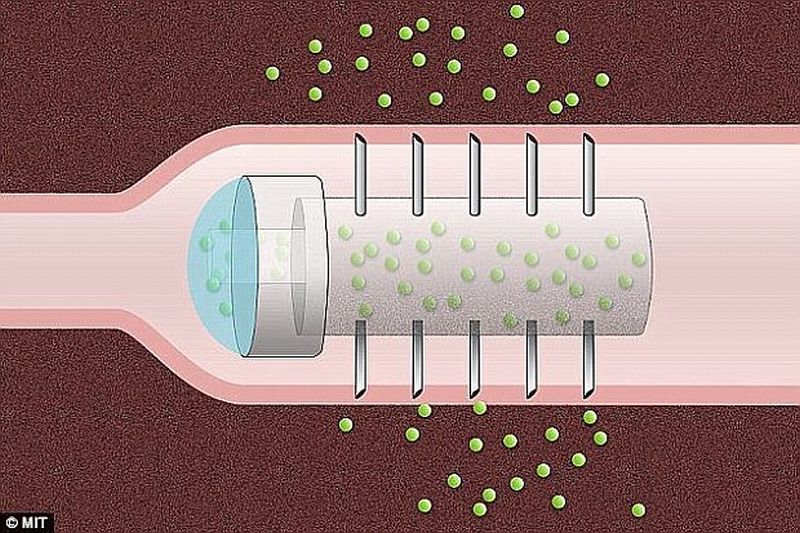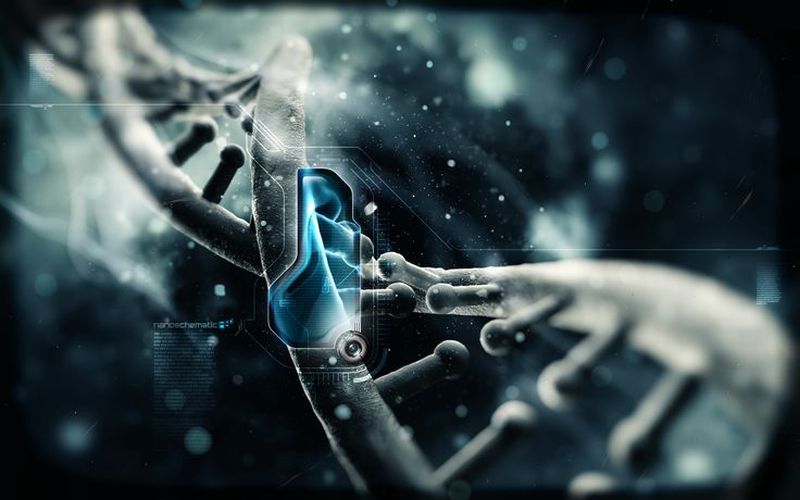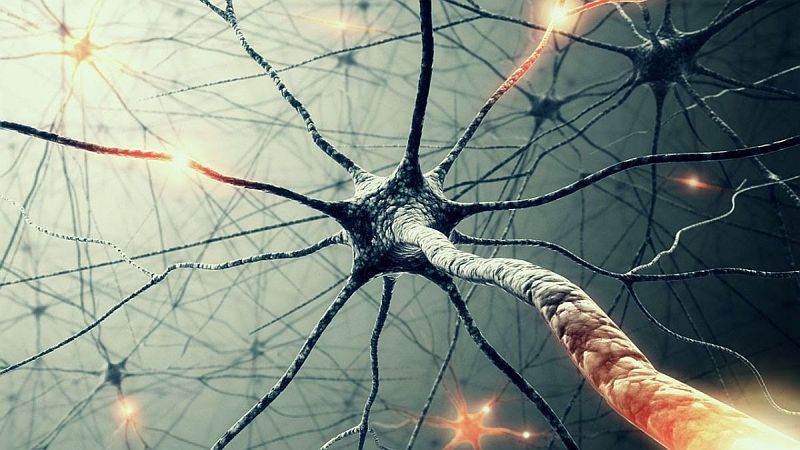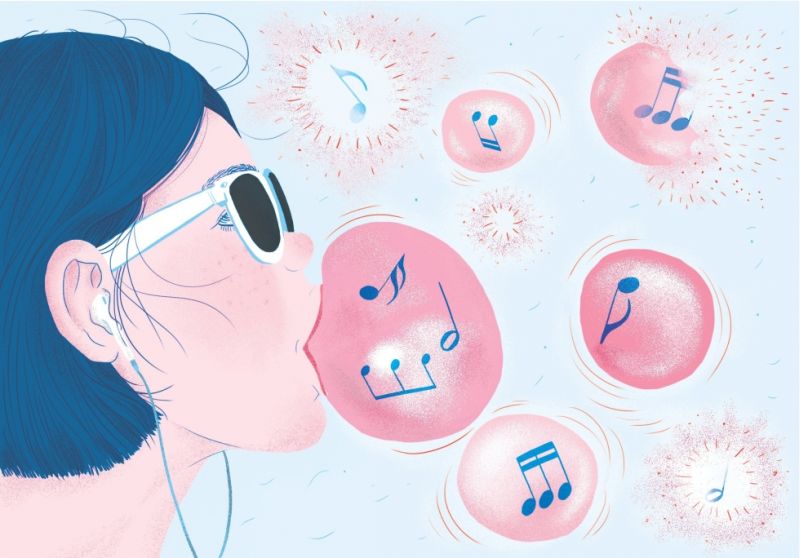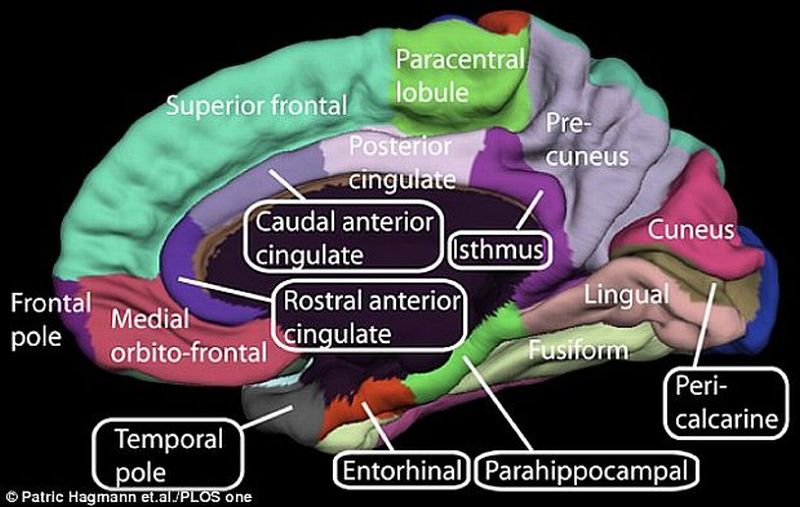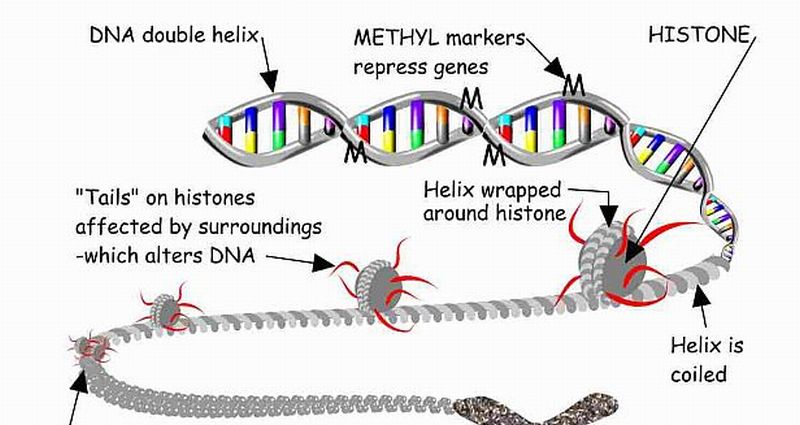Dublin based research team has successfully developed a procedure of 3D bioprinting to design new cartilage templates in the shape of missing bones. This bioprinted template will be implanted in the body to regenerate new bones to fix major injuries and bone defects. Traditionally, such injuries and bone defects require some form of bone grafts that are painful and invasive and often have complications of its own.
Read MoreCategory: Health Tonics
Regeneration of Eye’s Outermost Layer via Hydrogel Films: Corneal Transplantation
In a breakthrough study, a team of scientists from the Melbourne University has achieved success in growing cornea cells in the laboratory. Scientists have successfully implanted laboratory grown cornea cells in the eyes of sheep. They are expecting to begin clinical trials in humans soon.
Read MoreObesity May Trigger The Progression Of Brain Ageing: Neurobiology Of Aging
Over the years, various researches across neurobiology of aging have suggested that brain shrinks with age. A recent study led by the University of Cambridge has added that obesity may also trigger the progression of brain ageing.
Read MoreBionic Eye allows blind man to see again: The Eyeborg
Experts at Manchester Royal Eye Hospital have successfully restored the vision of 80 years old Ray Flynn, through implanting ‘bionic eye’. For the last eight years, Mr Flynn suffered from dry age-related muscular degeneration (AMD). AMD is a condition in which photoreceptor cells in the central region of the retina are damaged leading to loss of central vision. The condition is very common, affecting nearly 5,00,000 people in the UK.
Read MoreMusic Lessons facilitate Neurodevelopment: Enhancing the Teenage Brain
According to a study conducted by Northwestern University, music training may help in enhancing brain’s responses to sound, hone hearing and language skills in teenagers even if it is introduced as late as in high school. The study suggests music lessons helps improving skills that are considered important for academic success.
Read MoreCytosponge Pill can detect Csophageal Cancer at an Early Stage: Cure for Cancer
A research team from the University of Cambridge has found a way for early detection of esophageal cancer, which is also the eighth most common cancer type worldwide. Conspicuous symptoms of the cancer so far can be marked only in the advance stages.
Read MoreMicroneedle Pill to deliver Injections from the Inside: Injectable Medications
A spiky pill might replace injections in the near future. The mPill or Microneedle Pill has spikes all over its surface for direct diffusion of drug into the blood stream once it is consumed. Researchers envision using this technology in medication like insulin along with replacement of other oral drugs since it allows for faster absorption than the current tablets.
Read MoreIndividual Cell investigated at Bigger Scale: Single-Cell Genomics
There is still no evidence that suggests the exact number of cells present in human body. Although we can interpret them to be somewhere around hundreds of thousands but the figure is much more than that.
Read MoreDrinking Orange Juice helps in tackling Cognition in Elderly: Brain Health
Reading University’s researchers were able to prove that consuming orange juice daily can help in enhancing brainpower especially in elder people.
Read MoreHigher intake of Salt delays Puberty Onset: Reproductive Health
In a recent investigation by researchers at University of Wyoming, it was revealed that intake of high amount of salt can affect reproductive health of future generations.
Read MoreElectronic long-term Memory Cell that Mimics Brain’s Processes: Artificial Neural Network
With an aid of an electronic multi-state memory cell, RMIT University’s scientists have pioneered not only the technology of emulating the processes of human brain but also its ability of storing good amount of information. The discovery is a giant step that would make them closer to fabricating a bionic brain. Mirroring human brain processes would help treating Alzheimer’s and Parkinson’s ailments claimed the team behind the discovery. Brain is like a complex analog computer Project leader Dr Sharath Sriram said that this is a ground-breaking development where they have…
Read MoreChewing Gum helps in removing catchy tones from Mind: Brainworms Effect
In an interesting research, scientists at the University of Reading have concluded that chewing a gum helps in eradicating the humming of song which is catchy of course and tends to go on and on within our head for days. The effect called an earworm or brainworm have been observed before but was poorly understood. However, this time, the researchers did come up with a solution and that is, having chewing gum as soon as one hears a catchy song, helps in thinking the song less often. Chewing helps in…
Read MoreBrain Shrinkage associated with Birth Control Pills: Hormonal Contraception
Until now, mood swings, weight gain and nausea have been some of the major side effects from birth control pills. Now, brain shrinkage too has been associated with the drug.
Read MoreInheritance of Characteristics are not decided only by DNA: Gene Regulation
It has always been believed that DNA is the storehouse of characteristics that pass-on from one generation to the next. However, there are other materials in a cell as well that can be attributed to passing on the hereditary traits, claimed a set of researchers at University of Edinburgh.
Read MorePerceptive Perfume eclipses Sweating with strong Odour: Body Odour Solution
No one likes the idea of using perfumes or deodorants to do away sweating as a matter of fact, no one likes to sweat except if one is gyming. However, climate change is making summers unbearably hot every year and making humans to sweat more.
Read More
